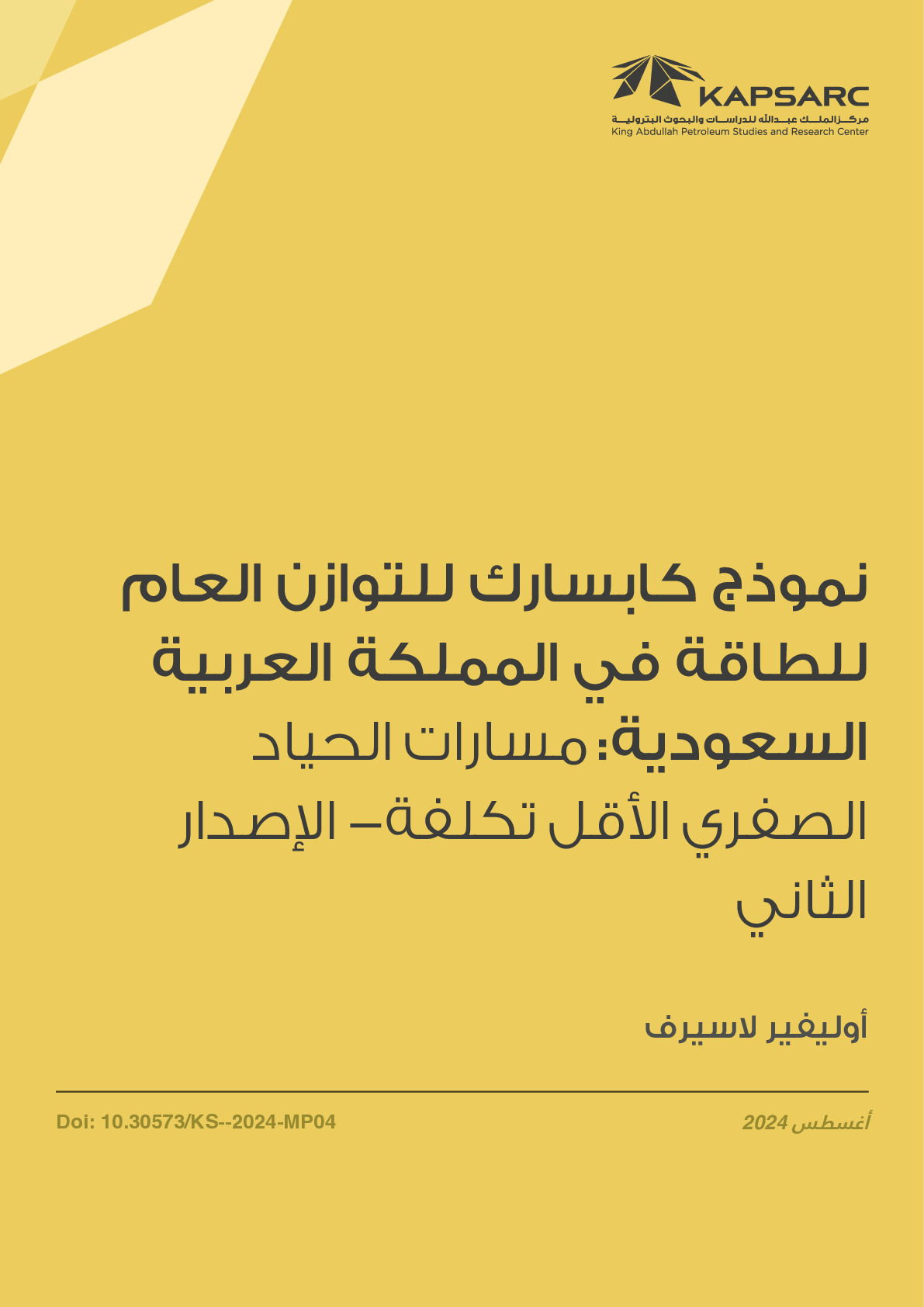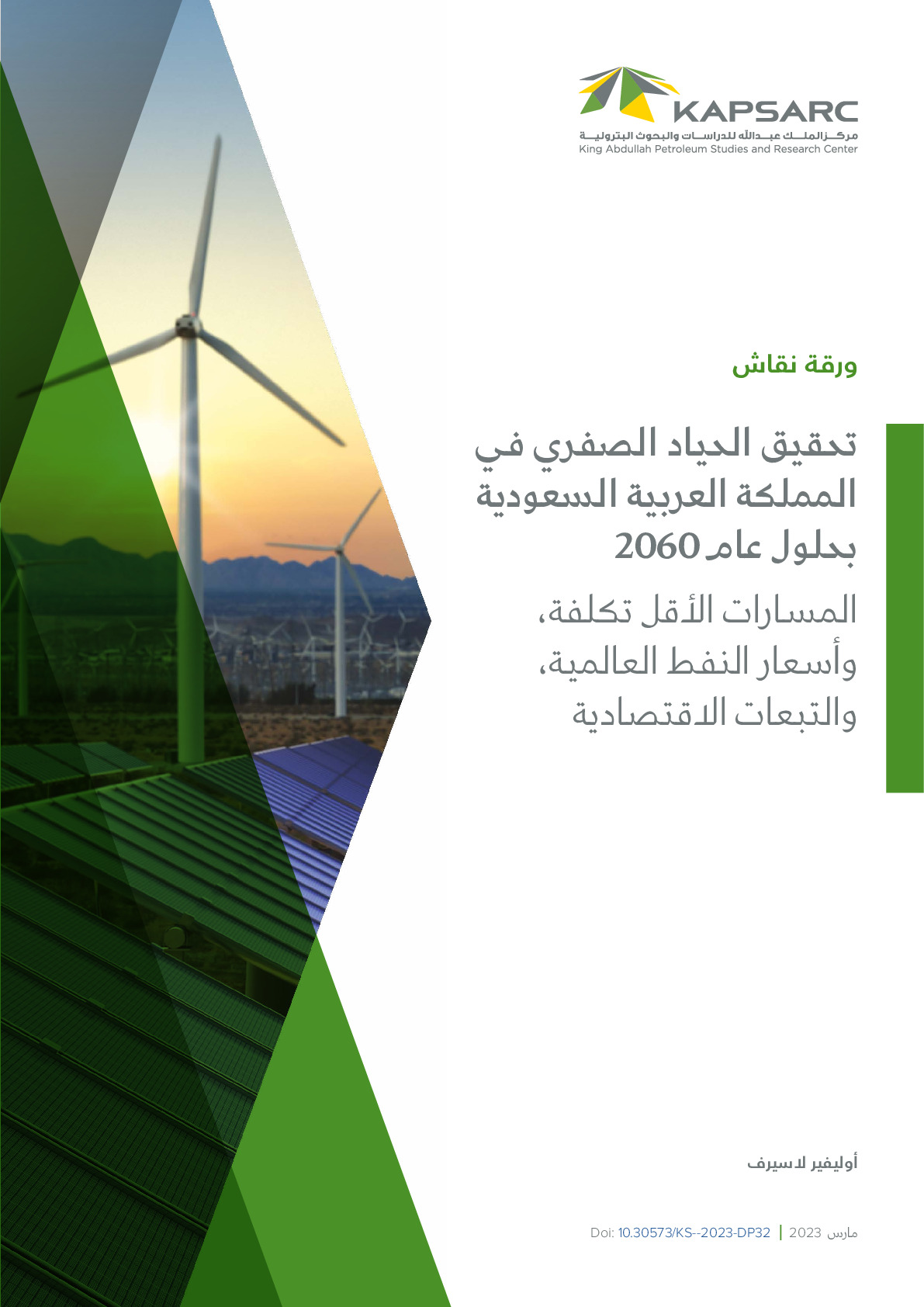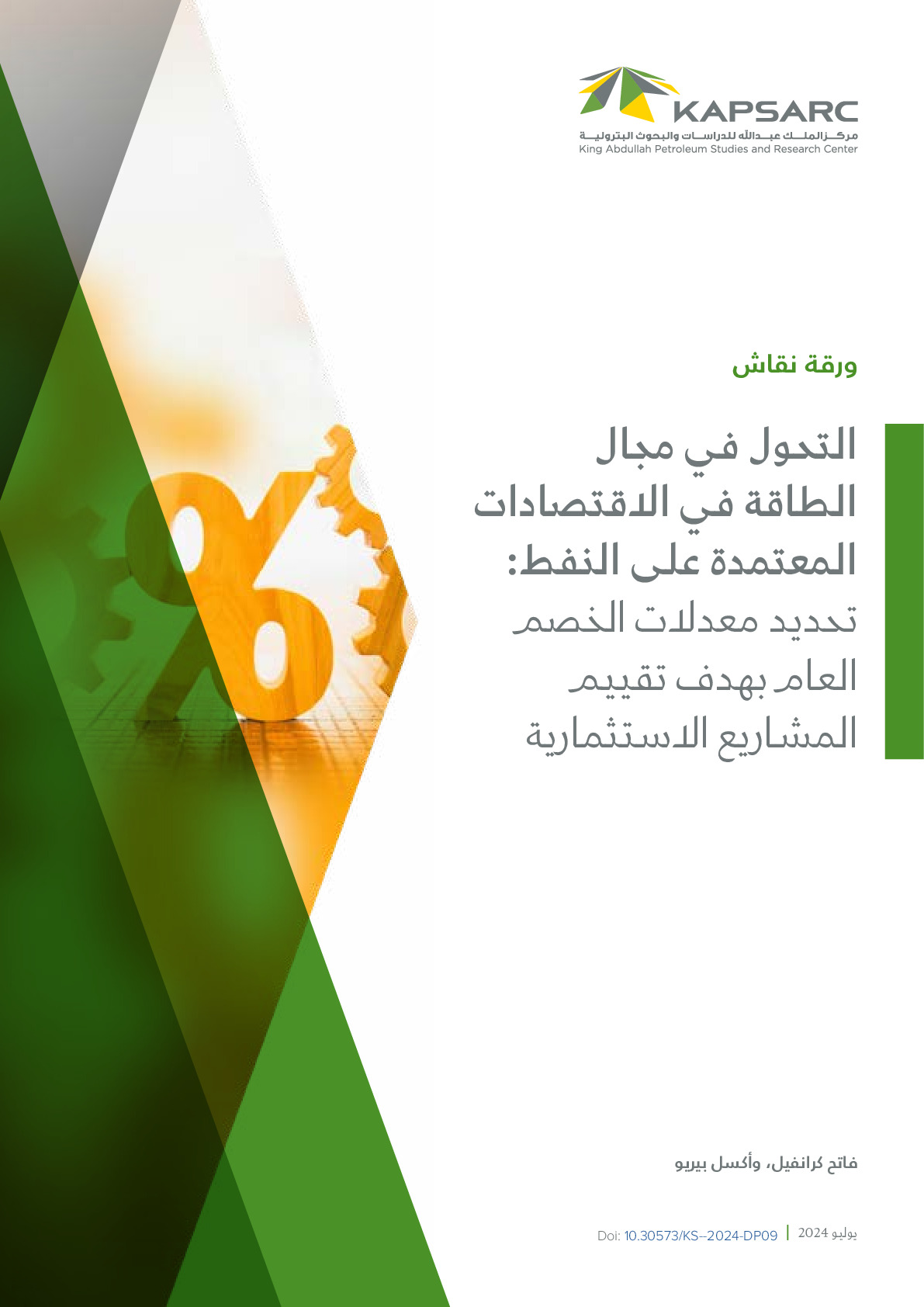تُشكِّل الإيرادات الناتجة عن صادرات النفط والغاز مصدرًا مهمًا من مصادر تمويل الميزانيات الحكومية في بعض الدول الناشئة اقتصاديًا، لكن هذه الإيرادات يتفاوت حجمها تفاوتًا كبيرًا تبعًا للتقلبات التي تشهدها الأوضاع الاقتصادية العالمية وأسعار الطاقة من حين إلى آخر. لذا تحث نظريات اقتصادية الحكومات على السعي إلى تحقيق الاستقرار الاقتصادي بادخار إيراداتها غير المتوقعة من النفط والغاز ثم إنفاقها في فترات انخفاض الأسعار. ومع ذلك فإن الدول المصدرة للنفط والغاز غالبًا ما تتبع سياسات مالية مسايرة للدورة الاقتصادية وتقلباتها، فيزداد معدل إنفاق هذه الدول خلال الفترات التي تشهد تحقيق إيرادات غير متوقعة، ثم ينخفض مجددًا عند حدوث عجز في تلك الإيرادات، وهو ما قد يفضي إلى ركود اقتصادي حاد. ومن المهم فهم العوامل التي تؤثر في استجابة السياسات المالية للتغيرات الحادة المفاجئة في إيرادات النفط والغاز، وهذا لدورها في بيان العناصر التي تحسم مدى تأثر اقتصادات الدول المصدرة للسلع بصدمات أسعار السلع الأساسية، ولفهم الطرق التي تتكيف بها هذه الاقتصادات مع تقلبات الأسعار والتحولات طويلة الأمد في مجال الطاقة.

مدير عام تنفيذي -أنظمة الطاقة والاقتصاد الكلي
أوليفير مديرعام تنفيذي في برنامج أنظمة الطاقة والاقتصاد الكلي. عمل سابقاً خبيرًا اقتصادي في منظمة التعاون الاقتصادي والتنمية وكالة الطاقة الدولية…
أوليفير مديرعام تنفيذي في برنامج أنظمة الطاقة والاقتصاد الكلي. عمل سابقاً خبيرًا اقتصادي في منظمة التعاون الاقتصادي والتنمية وكالة الطاقة الدولية في باريس حيث تضمنت أعماله تحليل سياسات الاقتصاد الكلي وتطبيق نماذج التوازن العام. وساهم أوليفير في دراسات النمذجة المختلفة على تقييم التبعات الاقتصادية الكلية والبيئية والتوزيعية للطاقة والسياسات البيئية. كما عمل على العلاقة بين الأرض والمياه والطاقة والعواقب الاقتصادية لتلوث الهواء. وقبل انضمامه إلى منظمة التعاون الاقتصادي والتنمية، عمل أوليفير في شركة إنجي، في باريس، حيث قام بتطوير إطار عمل نموذجي داخلي لوضع سيناريوهات الاقتصاد العالمي في مجال الطاقة على المدى الطويل.
الخبرات
- التبعات الاقتصادية الكلية لسياسات الطاقة
الإصدارات عرض جميع الإصدارات أوليفير دوراند لاسيرف

نموذج كابسارك للتوازن العام للطاقة في المملكة العربية السعودية: مسارات الحياد الصفري الأقل تكلفة- الإصدار الثاني
تُشكِّل الإيرادات الناتجة عن صادرات النفط والغاز مصدرًا مهمًا من مصادر تمويل الميزانيات الحكومية في…
1st يوليو 2024
تحقيق الحياد الصفري في المملكة العربية السعودية بحلول عام 2060: المسارات الأقل تكلفة، وأسعار النفط العالمية، والتبعات الاقتصادية
تُشكِّل الإيرادات الناتجة عن صادرات النفط والغاز مصدرًا مهمًا من مصادر تمويل الميزانيات الحكومية في…
30th نوفمبر 2023

